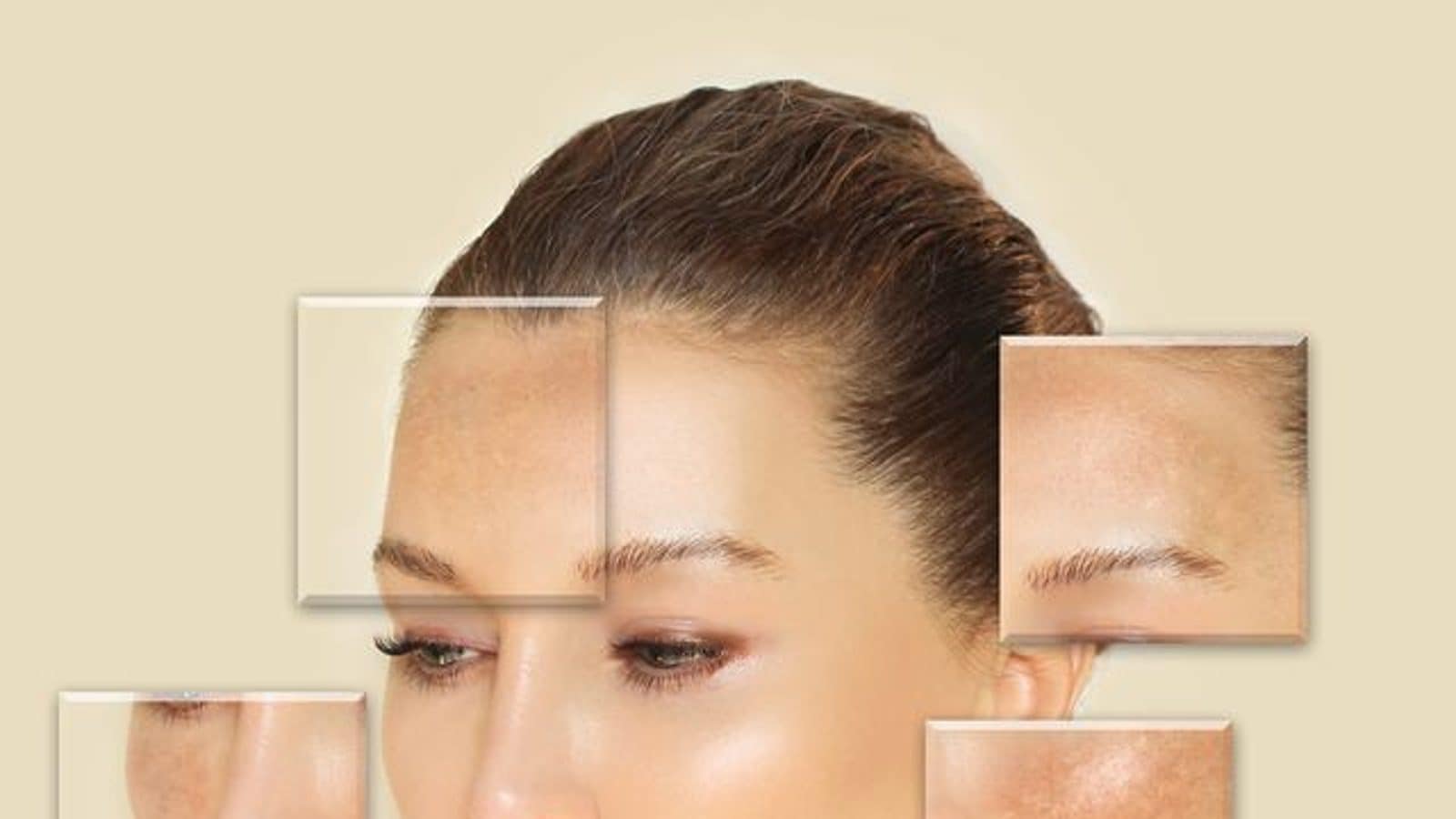Skin spots that become darker in colour than the surrounding normal skin is known as hyperpigmentation. This darkening happens when deposits of melanin, the brown pigment that gives skin its usual colour, accumulate in the skin. People of all skin types may be impacted. Hyperpigmentation can also be caused by several drugs and medical problems.
Asians and Indians are reportedly more prone to pigmentation abnormalities than other human races, according to a survey by the National Center for Biotechnology Information. With moderate to severe dark circles on the upper eyelid, hyperpigmentation is 50% more common in Indian women as they age. It’s critical to understand the origins, signs, and remedies of hyperpigmentation.
In a recent Instagram post, consulting homoeopath, nutritionist, and founder of Peachtree Clinic Dr. Smitha Bhoir Patil provided information on hyperpigmentation.
Various types of hyperpigmentation:
Freckles: Freckles, which resemble little brown patches, are a cluster of skin pigments.
Melasma: The disorder known as melasma causes brown patches to form on the face. This illness is far more likely to affect women than men.
Sun spot: Sun spots have different sizes and only appear in places that are exposed to the sun.
Age spots: Also known as flat tan, brown, or black spots—appear on the skin.
PIH – There are various causes of Post-Inflammatory Hyperpigmentation that are not connected to underlying illnesses. like a tattoo, a tan, tanning lotions, or the unintended effects of medication.
TOP SHOWSHA VIDEO
Hyperpigmentation causes include:
- Imbalance of hormones
- Solar exposure
- Certain medicine
- Post-accident or post-acne
- Pregnancy (during or after)
Treatment:
Depending on the type and intensity of hyperpigmentation, there are various sorts of treatments available. The three most typical therapies are:
Chemical peeling
Vitamin C and Niacinamide-containing serums
Homeopathic treatment
Skincare and Nutrition:
- The health of your skin depends greatly on nutrition, which also helps to prevent hyperpigmentation.
- Apply moisturiser as needed, taking into account your skin type.
- Applying sunscreen every day is essential.
- Try to incorporate foods high in antioxidants in your diet to combat free radicals. foods like raisins, spinach, beets, berries, and beans, etc.
Read all the Latest Lifestyle News and Breaking News here
For all the latest Lifestyle News Click Here
For the latest news and updates, follow us on Google News.

